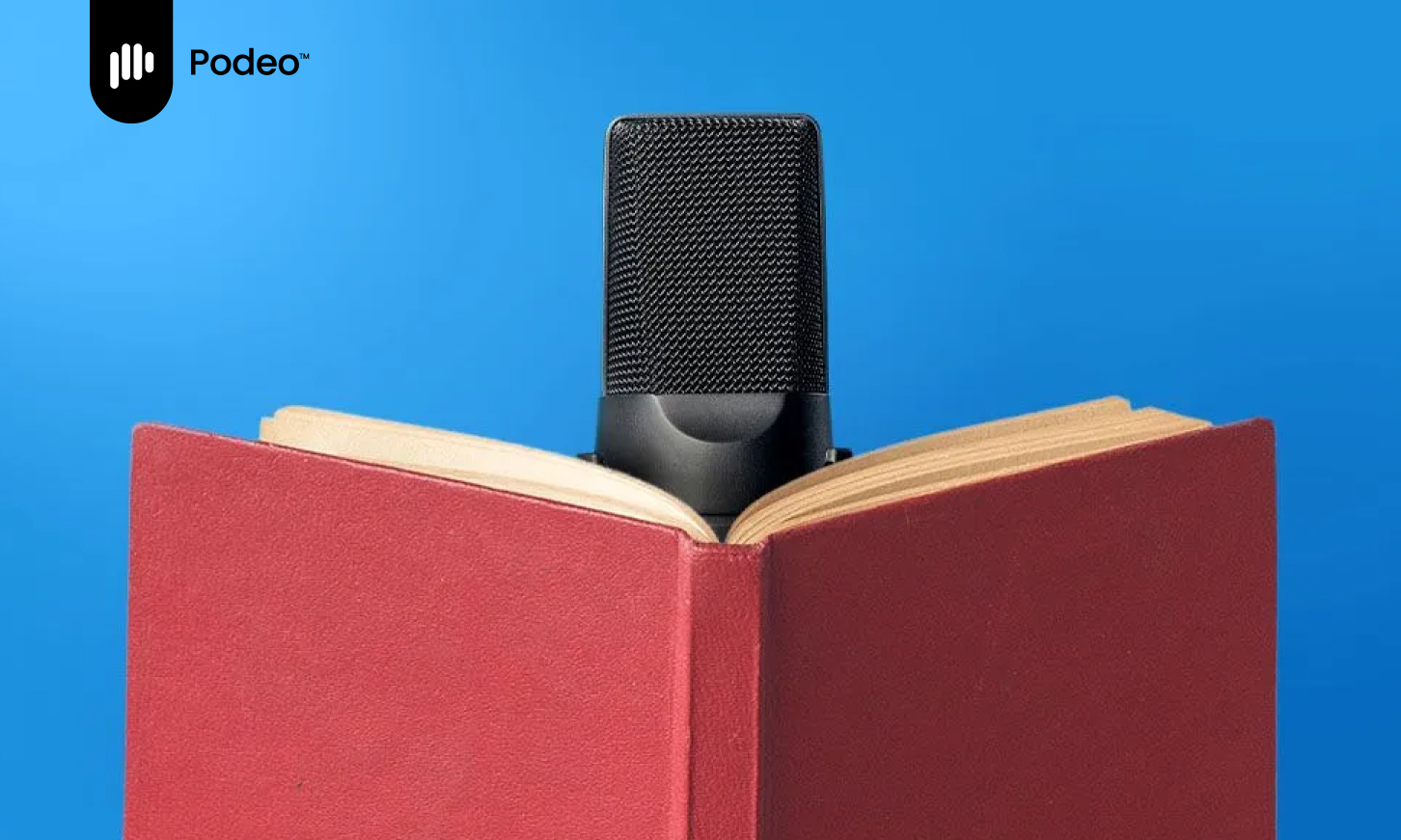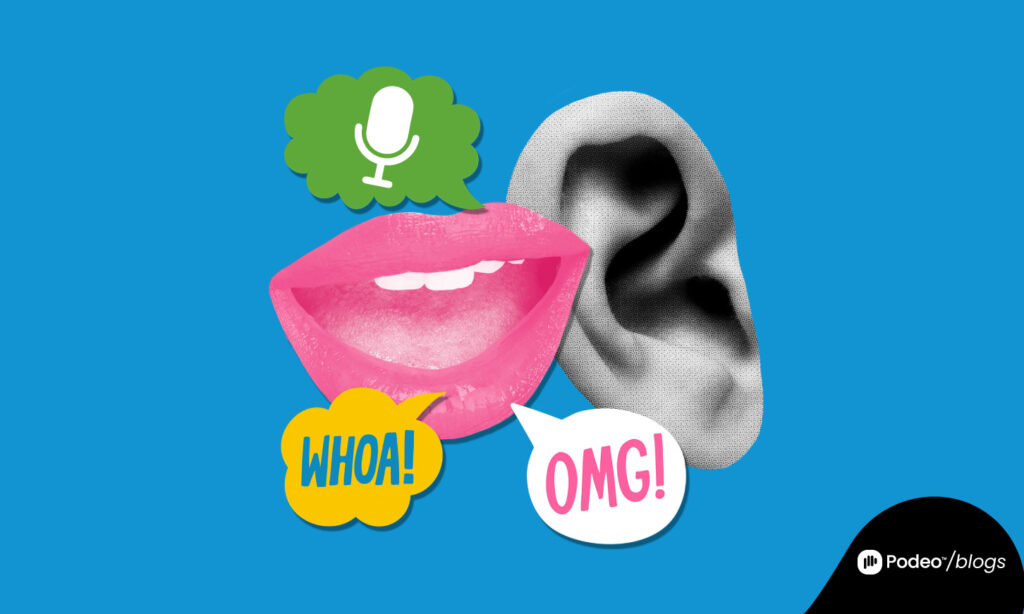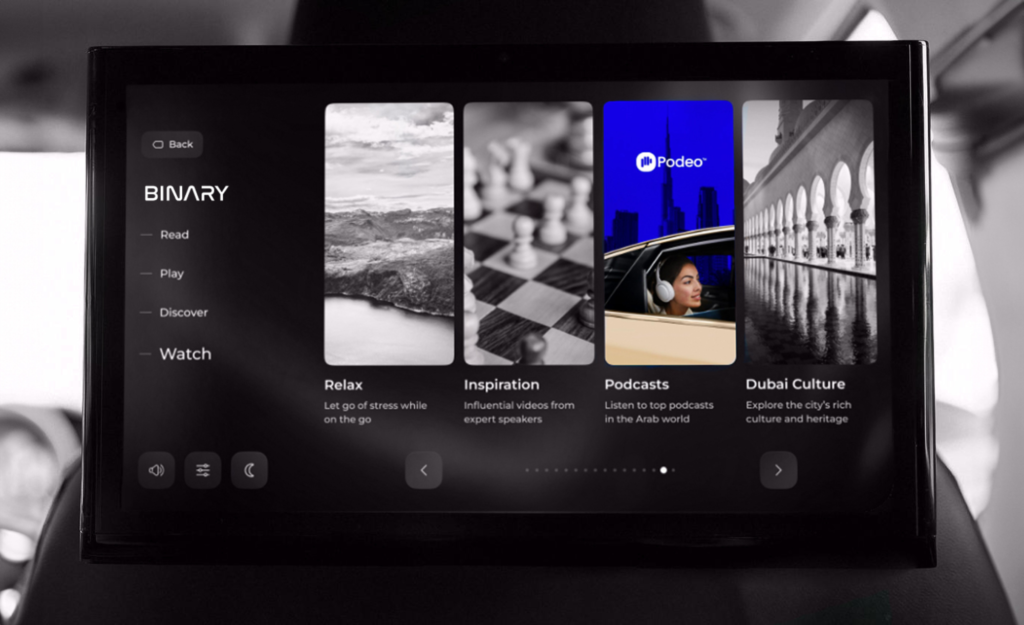The Rise of Fictional Storytelling Podcasts: A New Era in Audio Entertainment


Listeners love a good story that can hook and reel them in. That’s why, in recent years, the number of fiction podcasts has risen tremendously, providing listeners with a new taste of audio entertainment. Since many seek diversely engaging content, narrative audio dramas have become a fixture in podcasting and challenge other conventional forms of entertainment, including television and film.
Reviving the Classic Radio Drama
Fictional storytelling podcasts nearly duplicate classic radio dramas from earlier in the 20th century. Based on voice acting, sound effects, and music, these contemporary podcasts construct vivid, immersive worlds that capture listeners. Unlike their forerunners, today’s podcasts enjoy high-technology audio and creative liberties, reaching the global audience in record time.
Access has been one of the primary reasons behind the popularity of these podcasts. Most people now have smartphones and streaming facilities that allow them to easily access their favorite shows anywhere, at any time. Such ease of access makes the fictional storytelling podcast perfect for those looking to slip into a story while they commute, exercise, or simply relax at home.
Diverse Content for Every Listener
Another driver of the success of fictional storytelling podcasts is the vast array of content, from horror to science fiction, romance, and mystery. There is a podcast for every taste. Podcasts allow creators to express themselves in unconventional narrative and character formats. This variety pulls in many different listeners and keeps them coming back.
Another reason for their popularity is that most of these podcasts are episodic. Most of the shows come out weekly or biweekly, building up in anticipation and following alike. This serialized format allows deep, intricate plots to unfurl over time, drawing listeners further into the story with each installment.
Engaging the Imagination
No other form of media exercises imagination more than fictional storytelling podcasts. With no visual prompts, a listener’s mind can conjure characters, settings, and activities, making an experience that is both very personal and immersive. Because of this imaginative investment, stories often stick longer and resonate harder than other forms of entertainment.
A New Opportunity for Creators
The podcast is a way for creators to tell their stories in fictional storytelling. The low-hanging fruit of centralized broadcasting is lower than ever, and it significantly reduces the production cost and the barriers to entry for any new writing, acting, or sound design talent who is hungry and ready to bring their creation to life. That wave of new, original content is pushing the boundaries of audio storytelling.
Conclusion
The rise of the fiction storytelling podcast is a harbinger of a sea change across the audio entertainment terrain. These powerful storytelling tools, with various diverse materials and the dynamism to hold on to imagination, are in the ascendancy of popularity, offering a listener ever-expanding worlds of stories to engage with.





